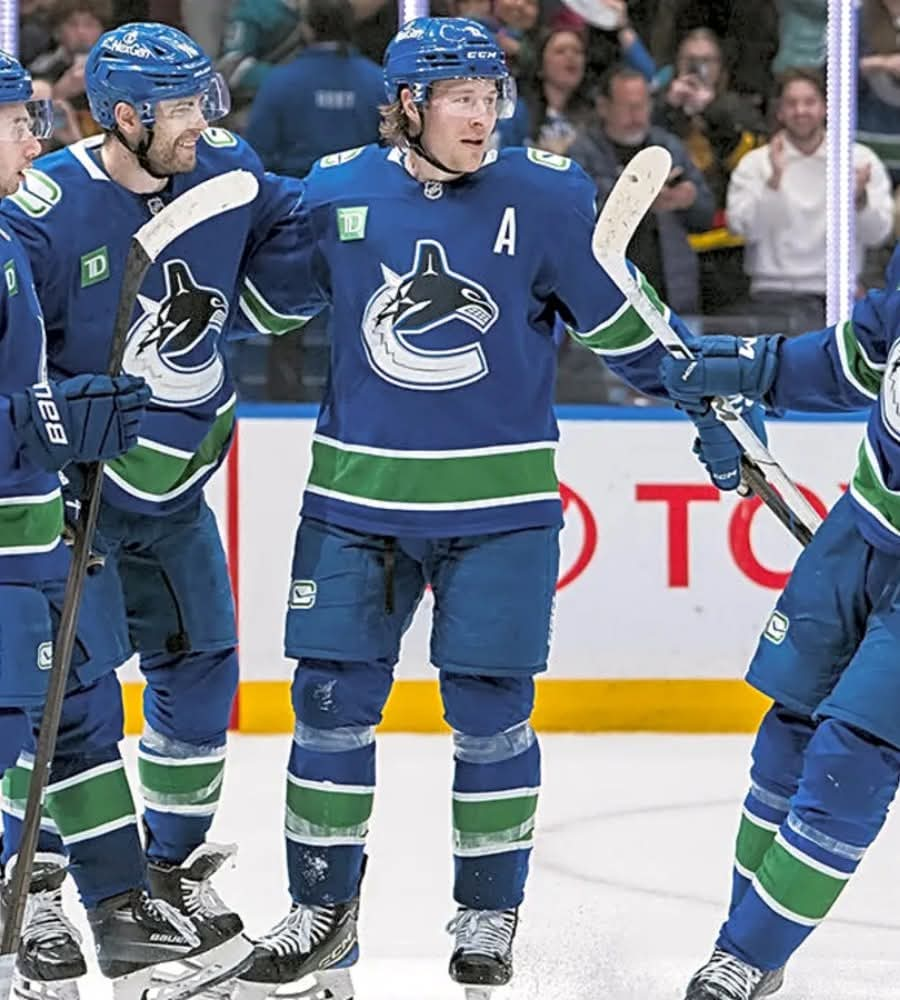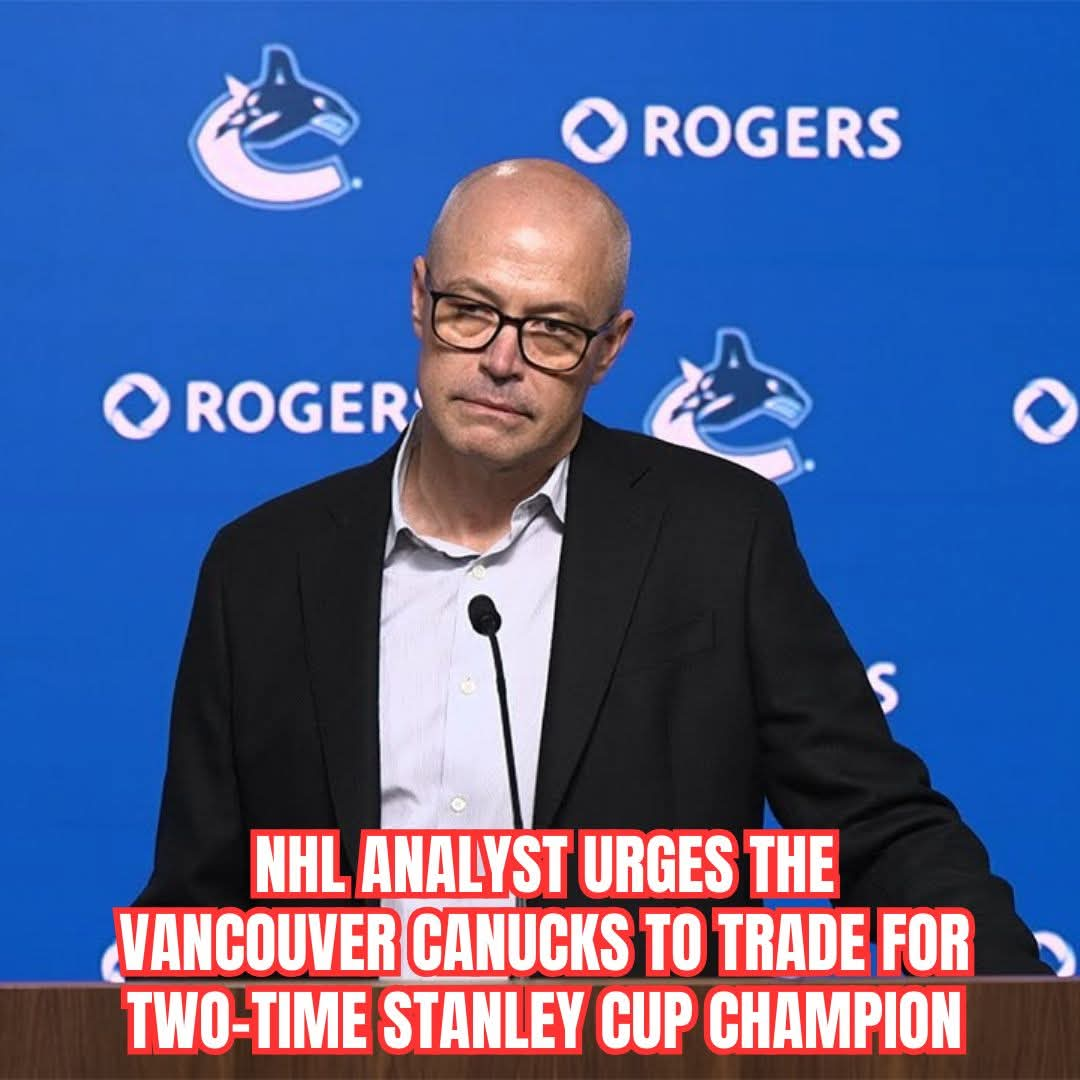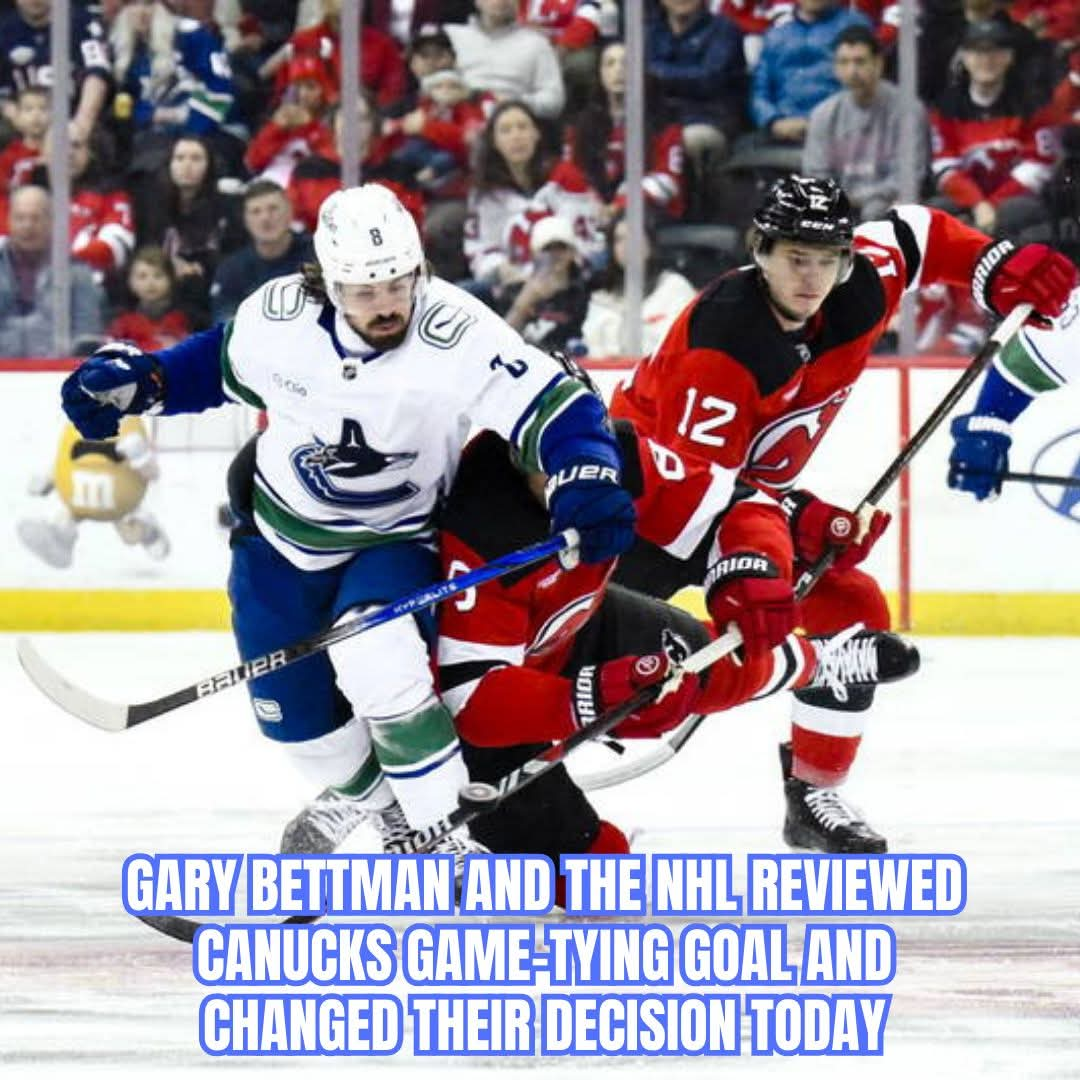Vancouver Canucks’ Free Agent Woes: Insider Reveals Deep-Rooted Issues Behind Reluctance to Sign in B.C.
The Vancouver Canucks are staring down a troubling reality: top-tier NHL free agents are becoming increasingly hesitant to ink deals with the franchise. Once a team that showed glimmers of a bright future, Vancouver now finds itself on uncertain ground, with a string of organizational setbacks painting an unflattering picture for players considering a move to British Columbia.
A Promising Season That Turned Sour
It wasn’t long ago that the Canucks were earning praise for their playoff performance, pushing the Edmonton Oilers to the brink in a thrilling seven-game series. Fans hoped this would mark a turning point, a sign that Vancouver was finally piecing together a true contender.
But fast forward to the 2024–25 season, and the team’s progress stalled out. They wrapped the campaign with a disappointing 38-30-14 record and failed to secure a playoff berth. That slide alone would have been troubling, but internal conflict made things worse.
Tensions reportedly boiled over between two of Vancouver’s top stars—Elias Pettersson and J.T. Miller. The alleged feud prompted a midseason shake-up that saw Miller shipped off to the New York Rangers. Pettersson, who had signed a lucrative eight-year deal worth $11.6 million annually, responded with one of the worst statistical years of his career, putting up just 45 points in 64 games—a far cry from the dominance fans expected.
As if that wasn’t enough, head coach Rick Tocchet made headlines of his own by walking away from an extension offer. Instead of staying to rebuild the team he helped reshape, Tocchet opted for a new challenge, joining the Philadelphia Flyers’ coaching staff.
Inside the League: “It’s a Reputation Thing”
NHL insider Elliotte Friedman recently addressed the growing narrative around Vancouver’s difficulties in attracting free agents. According to Friedman, the Canucks’ off-ice issues aren’t going unnoticed by players and agents.
“There’s no doubt what happened this season has hurt their standing around the league,” Friedman shared. “Word gets around. Players talk. What happened with Tocchet, the Pettersson-Miller drama, and uncertainty around Hughes—it all makes an impact.”
Friedman’s comments reference another potential long-term concern: the future of star defenseman Quinn Hughes. The Canucks’ captain and reigning Norris Trophy winner is under contract until the end of the 2026–27 season, but speculation is already swirling that he may be eyeing a future with the New Jersey Devils, where his brothers Jack and Luke currently play. Though nothing has been confirmed, the mere idea that Hughes could walk when his deal ends adds to the cloud of uncertainty hanging over Rogers Arena.
Free Agency Hesitation Isn’t New
This isn’t the first time free agents have looked past Vancouver. Back in 2020, defenseman Chris Tanev—who had spent ten years with the Canucks—left for the Calgary Flames, later revealing that Vancouver’s front office was slow to present a formal offer. Tanev felt undervalued and unappreciated, which ultimately made his decision to leave easier.
More recently, goaltenders Antti Raanta and Kevin Lankinen both rejected offers to join the Canucks organization. Raanta was reportedly unwilling to play in the AHL at this stage of his career, while Lankinen sought a deal above the sub-million-dollar salary the Canucks were offering. The rejection by both netminders underscored a growing trend: players aren’t seeing Vancouver as a prime destination.
Systemic Factors Add to the Burden
Beyond team drama and inconsistent performances, the Canucks are also facing structural disadvantages that make them less appealing to NHL players.
British Columbia has one of the highest tax rates in North America, meaning a player’s contract doesn’t stretch as far in Vancouver as it might in places like Florida, Texas, or Nevada. Then there’s the travel—Vancouver’s geographical location means the Canucks log more air miles than nearly every other team in the league. For veterans, that can be a serious drawback.
The spotlight of Canadian media scrutiny is another factor. While hockey-mad markets like Vancouver boast passionate fan bases, they also come with relentless coverage and little room for error. Some players simply prefer the quieter environments found in smaller U.S. markets, where they can focus on the game without the daily pressure from fans and media alike.
One Reddit user summed it up succinctly: “U.S. teams offer more money after taxes, less travel, and more privacy. Vancouver has the opposite of all three.”
What Can Management Do?
General Manager Patrik Allvin has his work cut out for him. If high-profile free agents continue to steer clear of Vancouver, the Canucks may have to pivot their strategy entirely. That could mean investing more heavily in the draft, focusing on development, and targeting value-based free agents who are willing to buy into a long-term vision—even if it’s not glamorous in the short term.
There’s also the issue of culture. Players talk, and word spreads fast in NHL circles. Vancouver’s management must prioritize transparency, player relations, and a healthy locker room atmosphere to rebuild the club’s image around the league. The situation with Pettersson and Miller showed how quickly internal issues can spill into the public eye. Avoiding similar incidents in the future is crucial to restoring trust.
A Fork in the Road
The Canucks are entering a pivotal chapter in their franchise history. With Pettersson’s performance under the microscope, Hughes’ future a looming question mark, and no permanent head coach in place, the team is walking a tightrope.
If they can stabilize, develop their young talent, and regain credibility in league circles, there’s still a path forward. But if current trends continue, Vancouver may find itself stuck in a cycle of mediocrity—good enough to stay relevant, but not appealing enough to attract the talent needed to make a deep playoff run.
Final Thoughts
Free agency isn’t just about money or market size—it’s about culture, stability, and vision. Right now, the Canucks are struggling to project any of those elements with confidence. Until that changes, they may find themselves shut out of meaningful conversations when it comes to signing the players who could push them to the next level.
As Friedman put it best, “Players have options. Right now, Vancouver just doesn’t look like one of the better ones.”



